

2019-04-19 12:35:00 Fri ET
stock market competition macrofinance stock return s&p 500 financial crisis financial deregulation bank oligarchy systemic risk asset market stabilization asset price fluctuations regulation capital financial stability dodd-frank
Federal Reserve proposes to revamp post-crisis rules for U.S. banks. The current proposals would prescribe materially less strict requirements for community banks and regional financial institutions with less systemic risk exposure, whereas, the most stringent requirements remain for big banks that pose the greatest risks to the U.S. financial system. The most stringent requirements include the Dodd-Frank macroprudential stress tests that focus on the main vulnerable parts of the financial system such as residential mortgages, auto loans, and corporate credit lines. The new rules would significantly reduce regulatory barriers for small community banks and regional financial institutions. Specifically, the smaller deposit-takers operate within the reasonable range of $100 billion-$250 billion in total assets. U.S. banks that operate with $250+ billion total assets (or $75 billion cross-jurisdictional capital flows) would continue to meet the same prudential standards such as high liquidity coverage and sufficient core equity capital adequacy etc.
The U.S. globally systemically important banks (GSIBs) would continue to conduct the Federal Reserve macro stress tests each year, but these GSIBs would report the test results only once every 2 years. These recent institutional arrangements help ensure a balance between macro-financial stabilization and micro-prudential deregulation.
If any of our AYA Analytica financial health memos (FHM), blog posts, ebooks, newsletters, and notifications etc, or any other form of online content curation, involves potential copyright concerns, please feel free to contact us at service@ayafintech.network so that we can remove relevant content in response to any such request within a reasonable time frame.
2018-04-29 13:44:00 Sunday ET

College education offers a hefty 8.8% pay premium for each marginal increase in the number of years of intellectual attainment in contrast to the 5.6%-6% lo
2019-01-23 11:32:00 Wednesday ET
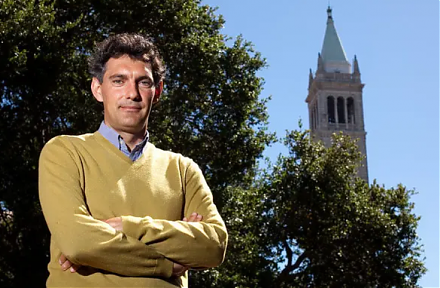
Higher public debt levels, global interest rate hikes, and subpar Chinese economic growth rates are the major risks to the world economy from 2019 to 2020.
2023-07-14 10:32:00 Friday ET
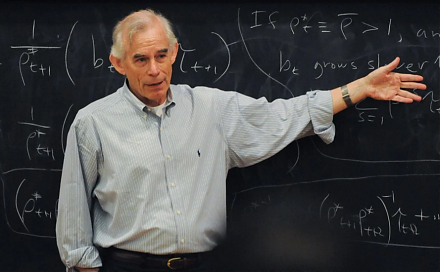
Ray Fair applies his macroeconometric model to study the central features of the U.S. macroeconomy such as price stability and full employment in the dual m
2018-06-08 13:35:00 Friday ET
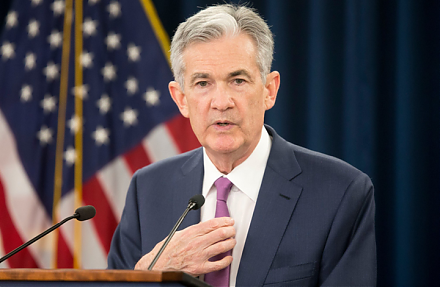
The Federal Reserve delivers a second interest rate hike to 1.75%-2% and then expects subsequent rate increases in September and December 2018 to dampen inf
2018-02-03 07:42:00 Saturday ET
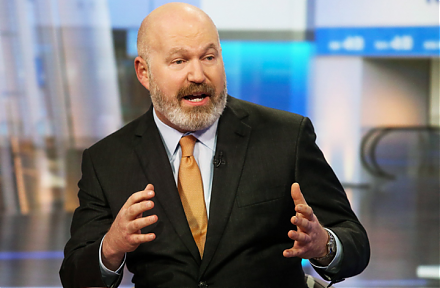
Quant Quake 2.0 shakes investor confidence with rampant stock market fears and doubts during the recent Fed Chair transition from Janet Yellen to Jerome Pow
2019-03-17 14:35:00 Sunday ET
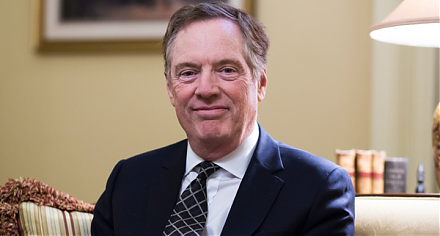
U.S. trade rep Robert Lighthizer proposes America to require regular touchpoints to ensure Sino-U.S. trade deal enforcement. America has to maintain the thr